When you create a new Dataverse environment you can peek the Region where your environment will be located.
Unfortunately, these "environment region" definition does not match the list of available regions where Azure resources can be created:
The Dataverse region list can actually be seen as a sort of aggregation of Azure regions:
Screenshot obtained leveraging Get-AdminPowerAppEnvironmentLocations command of PowerShell module Microsoft.PowerApps.Administration.PowerShell, with the following script:
# Install and import the required module if not already installed
if (-not (Get-Module -ListAvailable -Name Microsoft.PowerApps.Administration.PowerShell)) {
Install-Module -Name Microsoft.PowerApps.Administration.PowerShell -Force -Scope CurrentUser
}
Import-Module Microsoft.PowerApps.Administration.PowerShell
# Get all environments in the tenant
Get-AdminPowerAppEnvironmentLocations
🤔⁉️ But... what if I need to know the exact location of my dataverse environment?
There are several scenarios where knowing the exact location of your Dataverse environment matters. Top 2 are:
- When installing an Azure Synapse Link
- When deploying Connected Field Service app on your Dynamics instance
Fortunately, the actual location of your Dataverse instance is hidden in plain sight ☺️
🎯 Solution
Follow this simple steps to get to the info you need.
- Access your make.powerapps portal
- Be sure to select the right environment on the top-right corner
- On the left, gray, navbar, click on ... More > Discover All
- Click on Azure Synapse Link
- Click on + New Link
A modal slider will pop up from the right edge of the page, that allows you to start configuring the Azure Synapse Link. In the header of the slider panel there is a message like the following one:
That tells you exactly which Azure DataCenter hosts your Dataverse instance.

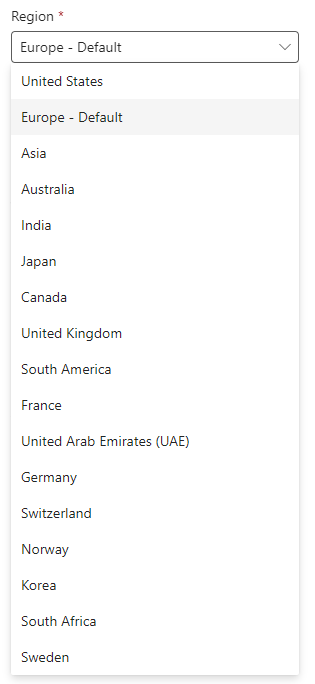
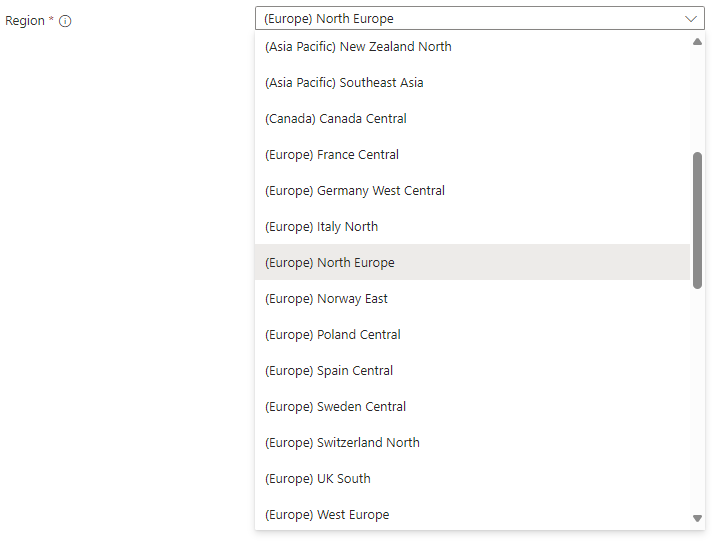
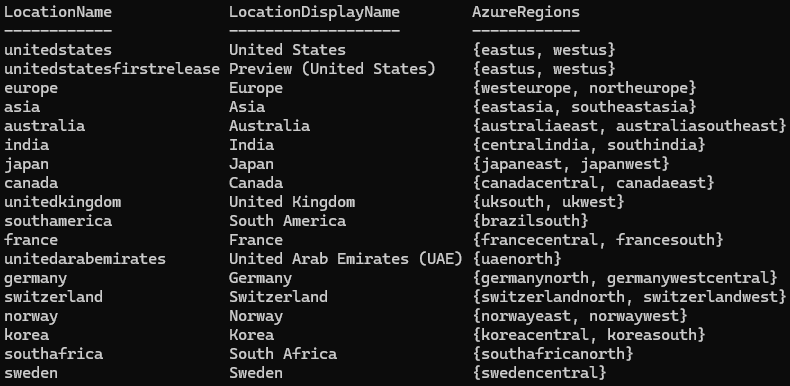
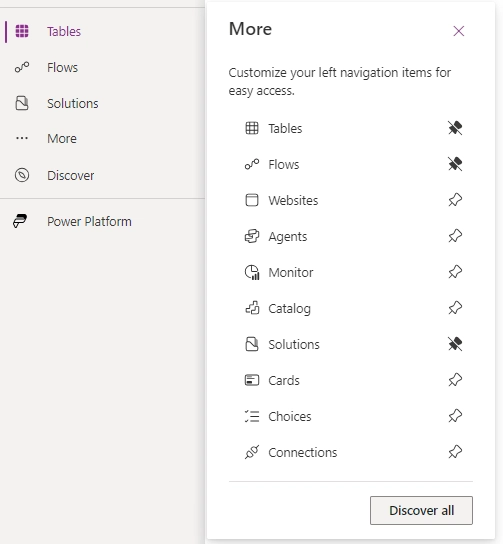
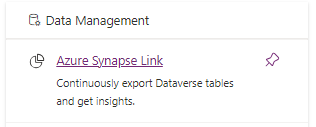

Top comments (0)